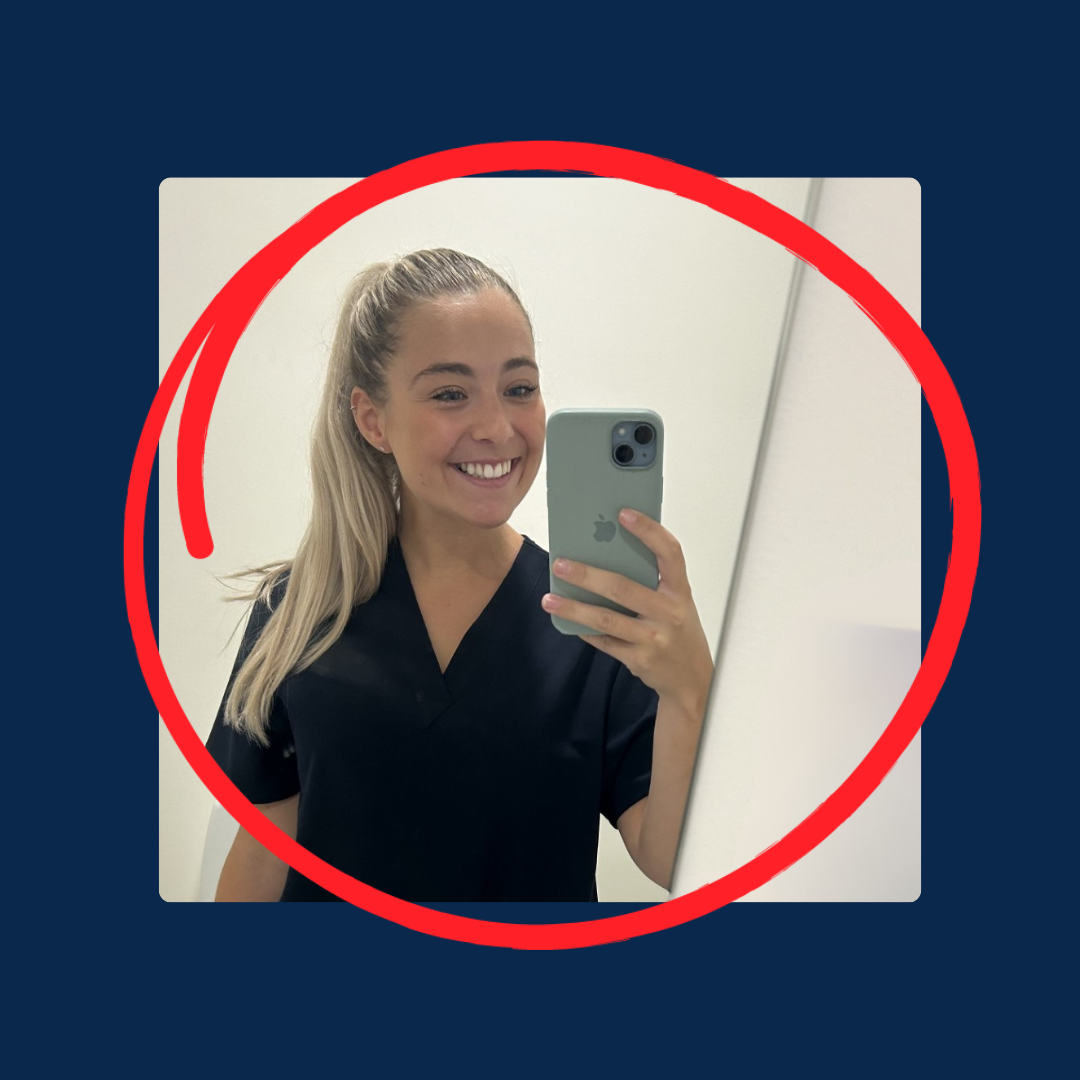
It’s no secret that Australia faces a nursing shortage, with thousands of new nurses needed to maintain our healthcare system in the future.
While this might not be the best news for the healthcare system, it is good news for nursing applicants: there are plenty of nursing jobs to go around in both public and private sectors!
Now the only problem is finding a nursing position that fits with your career, goals and where you want to go.
And the first consideration you need to make is the sector: do you go public or private?
Both have their own unique advantages, disadvantages and opportunities, so understanding the key differences between public and private sector nursing and choosing the right one is key.
Don’t know where to start? Don’t worry. Swingshift Nurses has your back!
Today we’ll be covering both public and private practice and helping you choose the right direction for your nursing career.
Management
There’s a common saying in management circles: people leave managers, not jobs.
We can all relate to that on some level. Whether it’s a horrible manager that you couldn’t get away from quick enough, or a friendly, supportive leader that inspired you, the people you work under can make or break a job.
And nurses are no exception.
While we’re not trying to make sweeping statements about the type of manager you’ll find in either sector, it is important to remember that public and private facilities have completely different aims – and with that, comes different management goals.
Public healthcare administration
Public facilities tend to employ a far larger number of nurses.
According to the Australian Institute of Health and Welfare, for every private hospital there are approximately 49 private-sector nurses, while there are almost 473 public nurses for every public hospital!
What this means is that there can be a bit of distance between the nurses on the front line and the people running the show. If you’re a big fan of having a direct line with management, public sector nursing might not be for you.
Private healthcare administration
As for-profit organisations, administrators at private health facilities focus on whatever raises their overall profitability.
That means that management at private facilities (naturally) focus on income generation and their profit margins.
What this means for you is that private healthcare administrators also keep a close eye on costs… sometimes even more than at a public facility!
And since most private facilities are much smaller than public healthcare facilities, management can have a much close relationship with the nurses working the front-line.
Of course, we’re not saying this is a hard-and-fast rule… far from it! But it’s certainly another consideration worth making.
A matter of lifestyle
Public and private nurses are paid at similar award rates for the most part and more often than not, they do much of the same work.
So for many nurses, the choice between the two can come down entirely to lifestyle.
Lifestyle? What does that have to do with nursing?
You’d be surprised! Your workload and hours can actually change depending on which sector you work in.
If you’re unsure about which sector to go into, ask yourself whether you’re willing to accept less predictable shift work, whether your lifestyle can take it… and whether you want it to.
Working as a public sector nurse
Ah, the night shift. Some people dread it, while others love the flexibility shift work gives them in the rest of their day-to-day life.
Generally, nurses in public healthcare facilities work on a shift system – this is especially true of hospitals, which keep their doors open 24/7.
If you value shift work and aren’t adverse to the odd night shift, the public system could be the right choice for you!
Workload as a private sector nurse
On the other hand, private sector nurses generally report more stable hours, as well as smaller patient loads.
If your social life is important to you, the stability offered by a private facility might be more suitable for your lifestyle.
And because private healthcare providers tend to be smaller than public ones, nurses in the private sector tend to have lighter caseloads. This allows private sector nurses to provide more personalised care.
Need help finding the right position for you?
The decision to go private or public is a tough one, and only one you can make.
And once you make the decision, it becomes time to tackle the hardest part: finding the perfect job!
Whether you’re just starting your nursing career or think the grass is greener on the other side, register with First Choice Care now!
Our connections with facilities statewide can connect you with the perfect nursing position – whether that’s in the private or public sector.
More articles





